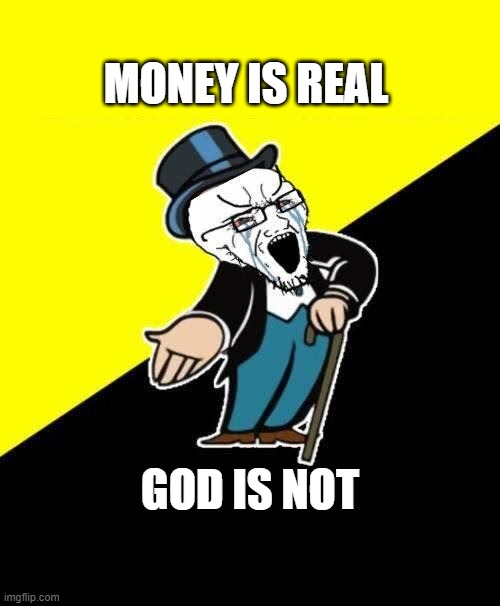
"Nihilism is a historical movement, not just any view or doctrine held by just anyone. Nihilism moves history in the way of a scarcely recognized fundamental process in the destiny of the Western peoples. Hence nihilism is not just one historical phenomenon among others, not just one spiritual-intellectual current that occurs within Western history after others have occurred, after Christianity, after humanism, and after the Enlightenment.
Nihilism, thought in its essence, is on the contrary the fundamental movement of the history of the West. Its roots are so deep that its development can entail only world catastrophes.
Nihilism is the world-historical movement of the peoples of the earth who have been drawn into modernity's arena of power. That is why it is not only a phenomenon of the present age, nor even a product originally of the nineteenth century, when admittedly a keen eye for nihilism awoke and its name became common. Nor is nihilism a product of particular nations whose thinkers and writers speak specifically of nihilism. Those who imagine themselves free of it are perhaps the ones advancing its development most fundamentally. Part of the eeriness of this eeriest guest is that it cannot name its own origin.
Nihilism does not prevail only when the Christian God has been denied, or when Christianity is embattled, or when a freethinking cheap atheism is still all that is preached. As long as we look exclusively at this unbelief which has abandoned Christianity and at its manifestations, our attention will be fixed externally on the meager fagades of nihilism. The speech of the madman says specifically that the word "God is dead" has nothing in common with the opinions of those standing about and talking confusedly, of those who "do not believe in God". To those merely lacking faith in this way, nihilism as the destiny of their own history has not yet penetrated at all".
Martin Heidegger, Off the Beaten Track, 1950 - Holzwege, Gesamtausgabe Volume 5. This collection includes "Der Ursprung des Kunstwerkes" (1935–1936)

